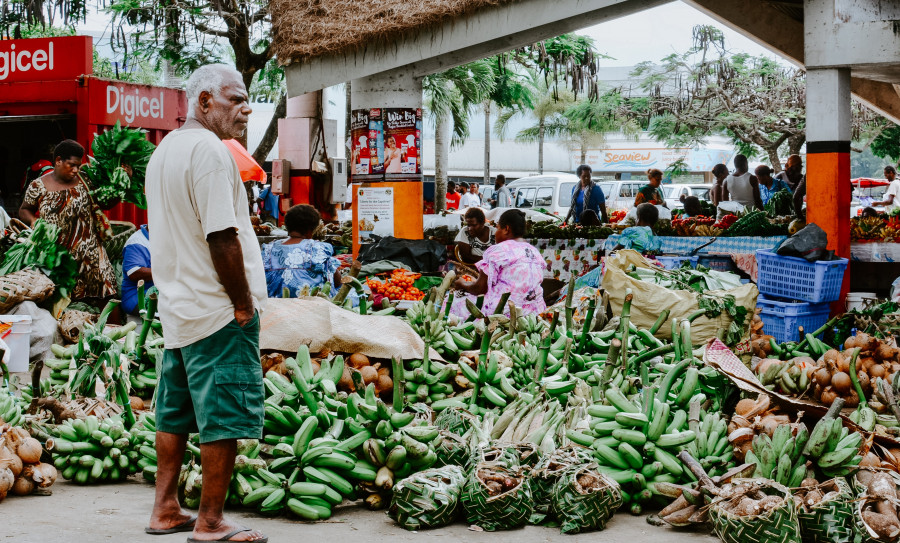
Search
Monitoring Economic and Social Rights in the Pacific

Published: 2021
Authors: Susan Randolph, Shaan Badenhorst, John Stewart
The Human Rights Measurement Initiative (HRMI) provides annual scores to show how well countries are meeting their human rights obligations and treating their people as well as they can.
This report looks at economic and social rights enjoyment in Pacific countries, i.e., to what extent are people able to enjoy their rights to education, food, health, housing, and work. It looks at ways of expanding the number of countries and rights HRMI can provide scores for, given gaps in the available data.
The scores show that there are opportunities to substantially improve economic and social right enjoyment in the Pacific, even without per capita income growth.
The range in economic and social right performance scores observed across the Pacific countries indicates there is considerable scope for countries to learn from each other about what approaches hold promise. Countries scoring poorly on one right can look to the policies and structures in place that other countries have used to achieve good scores on the same right.
In countries whose Gross National Income (GNI) substantially exceeds their Gross Domestic Product (GDP), HRMI’s economic and social rights scores are upward biased, all the more so, the greater the gap between GNI and GDP. For those countries without Purchasing Power Parity (PPP$) per capita income data, the computation of a USD variant of HRMI’s economic and social rights metrics allows some insight (albeit imperfect) into their economic and social rights performance.
See more information about the Human Rights Measurement Initiative (HRMI).
DOI: doi.org/10.29310/WP.2021.10
Funders
Ministry of Foreign Affairs & Trade – New Zealand Aid Programme
Research related to this
Finding the Gaps: Monitoring Economic and Social Rights in the Pacific


Level 1, 97 Cuba Street, PO Box 24390
Wellington 6142, Aotearoa New Zealand
Media enquires: 021 837 966
Phone: 04 939 4250

